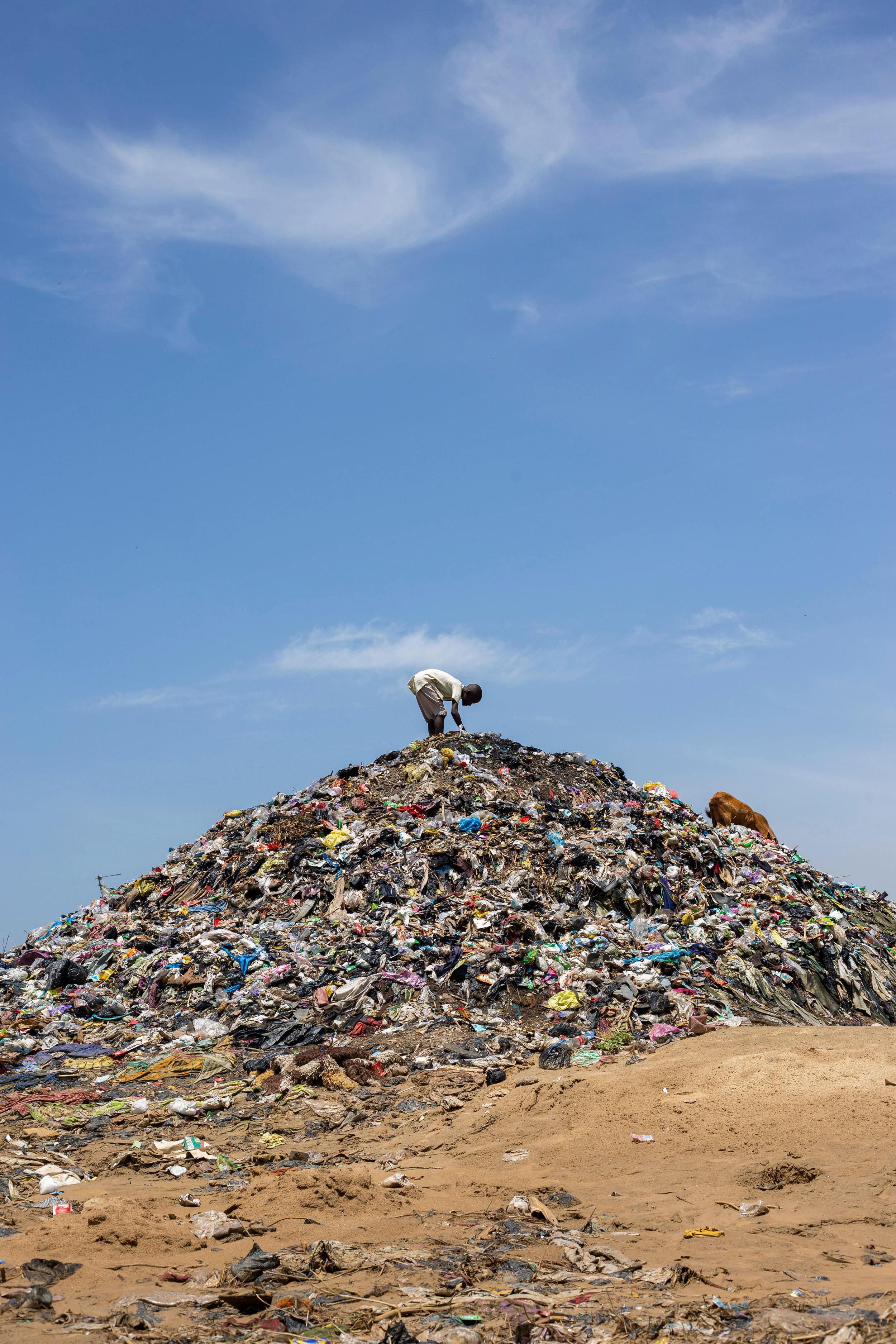CASSANDRA CLEAN TECH
Pioneering a Circular Future - In operation today
REVOLUTIONISING WASTE RECYCLING WITH CUTTING-EDGE TECHNOLOGY
INNOVATIVE TECHNOLOGY FOR A SUSTAINABLE WORLD
Cassandra Clean Tech is revolutionising waste management with its patent-protected CASO technology, designed to break down hydrocarbon-based waste—including plastics, end-of-life tyres, and electronic waste—into valuable raw materials. These recovered resources can then be used to create new plastics, tyres, and other products originating from oil, drastically reducing reliance on crude oil and minimising environmental impact.
A circular solution
THE CASO PROCESS
The CASO Process is a breakthrough in chemical recycling, redefining waste conversion with unmatched speed and efficiency. This cutting-edge reactor technology, developed by Cassandra, transforms hydrocarbon waste—such as plastics, tyres, and oil sludge—into a high-quality crude oil replacement in just 7 seconds.
Unlike conventional pyrolysis systems, the CASO Process is fully operational and live, proving itself in Denmark as the most economically viable and scalable solution in the market today. With more efficiency than the competition, it drastically reduces CO₂ emissions, minimises reliance on fossil fuels, and turns discarded materials into valuable resources.
Certified under REACH, and ECHA, the CASO Process is not just a concept—it is a game-changer in the circular economy, delivering real-world impact and paving the way for a cleaner, more sustainable future.
Circular Economy: Cassandra patent protected technology breaks down a wide-variety of hydrocarbon-based waste products into component olefins products. These components are then used to produce new products such as plastics, tyres and fuel. This will help support recycling or reuse of the 400M tonnes of plastic waste and 26M of tyre waste generated annually.
Clean-Teach: Unlike other recycling technologies there is no chemical waste or waste water discharge. Emission from the CASO reactor are lower than direct combustion and fully compliant with the strictest environmental regulations.
Modular design and scalable operation: Total production capacity can easily be scaled up on one site. Due to the small form factor and modular design multiple CASO units can easily be transported and operated in parallel on the same site.
Cutting edge thermal efficiency: The CASO patented thermo-mechanical reactor based on friction achieves exceptional heat transfer and energy efficiency for a fast de-polymerization reaction within seconds.
Continuous process and Economically viable: The process is continuous with 24/7 operational capability. This significantly improves total production capacity and economic viability of the technology.
Site efficiency tyres: Each 1.6MW CASO reactor can process up to 5 tons of tyres per hour (c. 500 motor vehicle tyres @ average 10kg per tyre). A typical Cassandra processing factory will have 4 CASO reactors and will process up to 120,000 tons of tyre waste (c. 12M tyres) per year. Hence 218 CASO reactors could manage global ELT recycling.The CASO reactor recycles both the natural (plant-based) and synthetic (oil-based) rubber used in tyres. Preservation of natural rubber elements is key as this is expensive, scarce and gives the many strength and longevity advantages to tyres. Hence 48% of the CASO oil from tyres is verified as bio oil.
Site efficiency plastics: Each 1.6MW CASO reactor can process 3 tons of plastic waste per hour. A site with 4 x 1.6MW CASO reactors can process 72,200 tons per annum.
Cassandra’s primary goal is that no new virgin crude oil is used in plastic production, and all plastics are made from recycled plastic oil. This alone will save 1.7 billion tons of greenhouse gas emissions.
THE VISIONARY BEHIND CASSANDRA CLEAN TECH
Anders a Swedish national and serial inventor, is the mind behind the CASO technology. With over 20 patents spanning agricultural efficiency to green hydrogen production, Anders has dedicated his career to creating sustainable solutions. Originally commissioned to combat oil contamination in Middle Eastern deserts, the CASO reactor was developed to break down hydrocarbon pollutants. As global waste challenges intensified, Anders recognised the reactor’s broader potential—offering a scalable solution for processing plastics, tyres, and electronic waste.
POWERFUL & ADAPTABLE TECHNOLOGY
The CASO machine, a core component of Cassandra’s technology, is designed for versatility. It efficiently processes various waste streams, including:
ELECTRONIC WASTE AND TYRES
PLASTIC
OIL CONTAMINATED SOIL
UNMATCHED ENVIRONMENTAL BENEFITS
Replaces crude oil in plastic production – The CASO machine converts plastic waste into reusable oil, eliminating the need for crude oil in manufacturing.
Reduces carbon emissions by 80% – Cassandra’s process drastically cuts carbon emissions compared to traditional hydrocarbon-based product creation.
Certified for carbon credits – Providing measurable environmental benefits and economic incentives.
PROVEN, CERTIFIED AND SCALABLE TECHNOLOGY
REACH Certified
Cassandra Clean Tech adheres to the highest European standards for safe chemical use, ensuring that our processes comply with the Registration, Evaluation, Authorisation and Restriction of Chemicals (REACH) regulations, prioritising both safety and environmental responsibility.
THE FUTURE IS NOW
With REACH and ISCC certifications, Cassandra Clean Tech is not only focused on an amazing vision for a sustainable future but also on providing real, measurable solutions today. The CASO technology is here-and-now, offering a tangible path forward to reduce waste, carbon emissions, and reliance on fossil fuels, all while supporting the global push for a circular economy.
BE PART OF THE CHANGE. BE PART OF CASSANDRA.
We aren’t just recycling. We’re reinventing the way the world thinks about waste.












